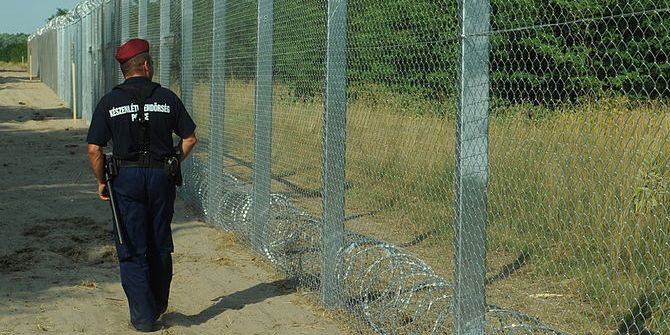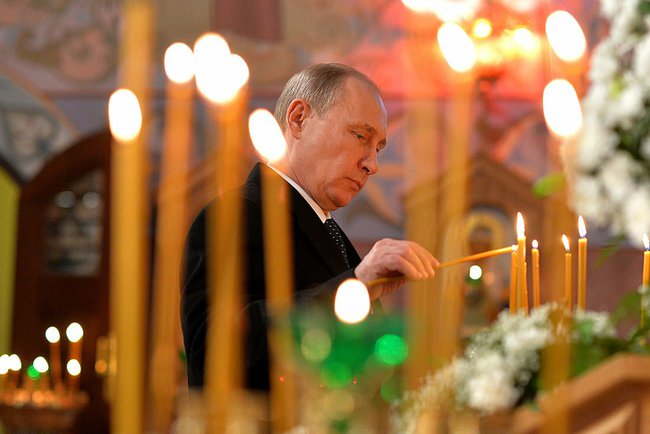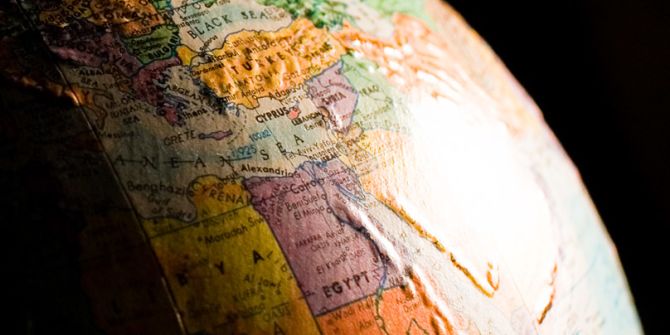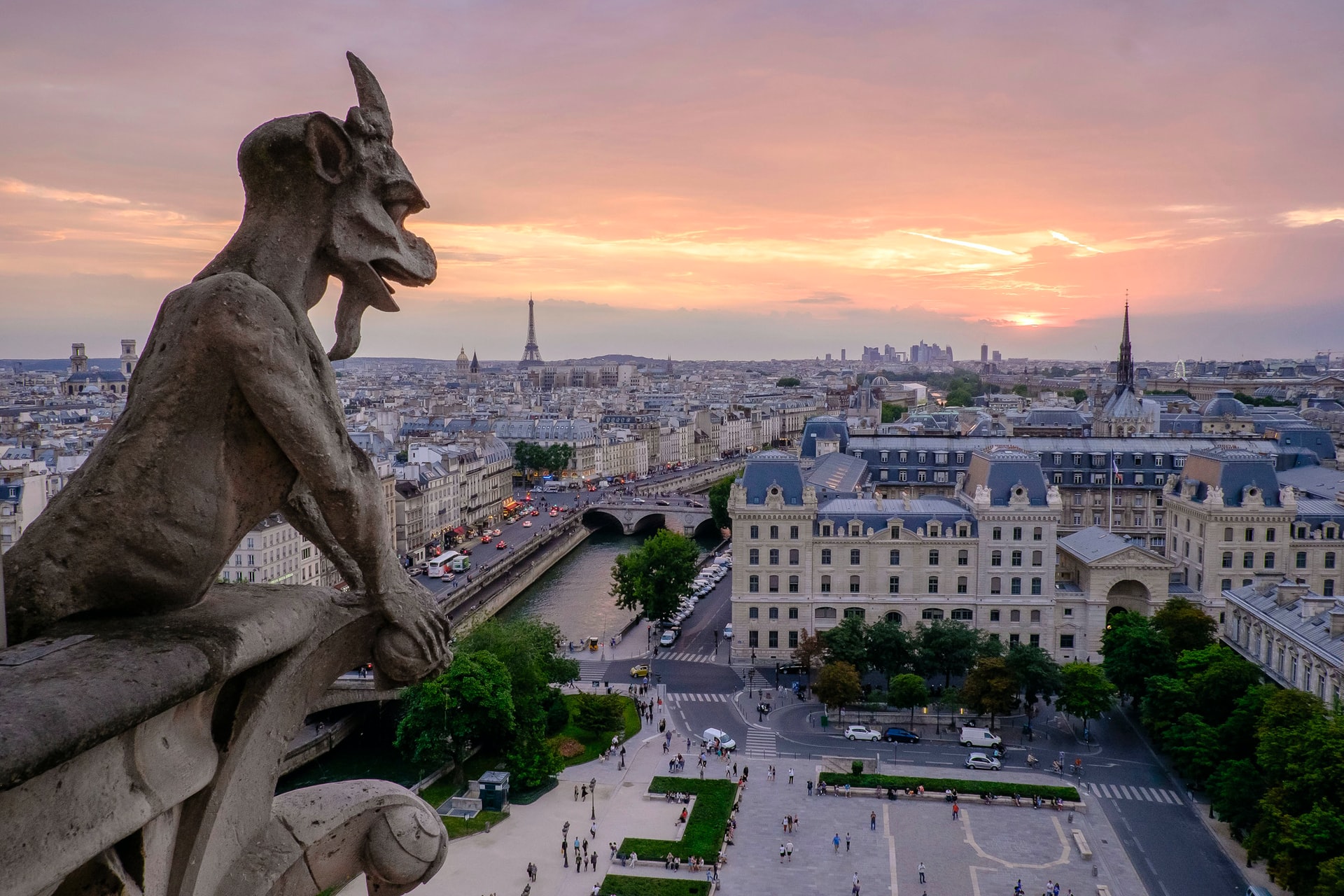This year marks 100 years since the end of the Ottoman Empire, 75 years since the partition of India, and 25 years since the handover of Hong Kong. In each of these, religion has played an important role, whether it be for empire-building, a tool in the projection of power / mechanism of resistance, or the legacy left behind as new borders were drawn and flags flown.
The LSE Religion and Global Society Unit will host this series on their interdisciplinary blog, which boasts hundreds of viewers from around the world on a daily basis. Contributions on the historical legacies, modern manifestations, and critical analyses on empire and religion are welcomed with a particular geographical focus on the MENA Region and Asia. Academics of all levels, ranging from PhD students to tenured faculty, are invited to contribute. Please read the guidelines for blog contributions here. Any questions and submissions should be sent to the blog editor, Flora Rustamova (f.d.rustamova@lse.ac.uk).
Potential topics to be discussed in the series include but are not limited to:
- The legacy of pluralism left by the Ottoman Empire in the Levant
- Hindu nationalism’s impact on relations with Pakistan and Indian Muslims
- A security state in Hong Kong and what it means for religious communities
- 19th century Islamic revivalism under the Ottoman Empire
- Where religion fits in the decolonisation of curriculum
- How religious thought resists empire
- Sikh identity and existence in a region of conflict
- The British Empire’s religious legacy in Asia
- Foreign relations and Islamic authority between Saudi Arabia, Turkey, and Iran





